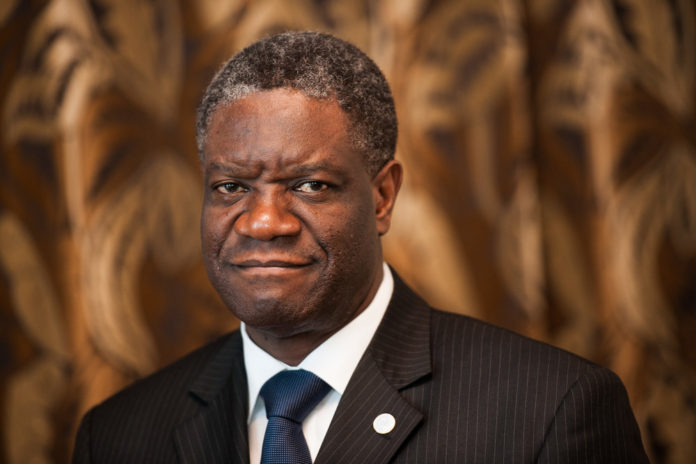On February 19, 2024, an important protocol of agreement was signed between the European Union (EU) and Rwanda with the aim to promote the development of “sustainable” and “resilient” value chains for raw materials, often referred to as conflict or blood minerals. This move has sparked a wave of criticism from Dr. Denis Mukwege, the 2018 Nobel Peace Prize laureate, who expressed his concerns on February 21, 2024, highlighting what he perceives as a double standard in international policy that undermines the credibility of international institutions.
Dr. Mukwege pointed out the enduring conflict in the Eastern Democratic Republic of Congo (DRC), which has been the deadliest since World War II, emphasizing its economic roots and the recognized link between the illegal mining and trade of minerals and the ongoing violence and severe human rights violations. He specifically criticized Rwanda’s role in destabilizing the DRC, looting its natural and mineral resources, and committing severe crimes, including the use of sexual violence as a method of warfare and a strategy of terror, extensively documented by the United Nations.
The Nobel laureate also noted the contradiction between the European Commission’s policy and the strategic partnership with Rwanda’s dictatorial regime, especially in light of the recent exacerbation of the security and humanitarian crisis in the Kivus region, partly due to the resurgence of the armed group M23. This group is said to operate with direct support from the Rwandan military, leading to further aggression and occupation of Congolese territory. Mukwege argues that this contradicts the EU’s fundamental principles and objectives, including the promotion of peace and human rights, as outlined in European Treaties.
Dr. Mukwege reiterated the call for consistency between economic policies and human rights respect, urging European institutions and countries to enforce the EU regulation on due diligence for mineral supply chains, which came into effect in 2021 but has been largely circumvented by opaque cross-border supply chains between the DRC and Rwanda. He warned that without adherence to these regulations, the transition to green and clean energy would be tainted by the blood of Congolese women and children.
Dr. Mukwege appealed to European citizens passionate about peace and social justice to heed this call and make a change in the upcoming elections in June 2024.































































